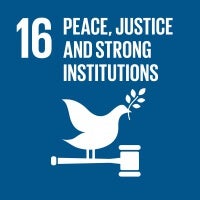
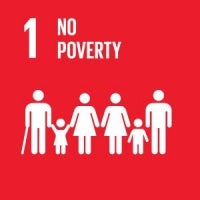
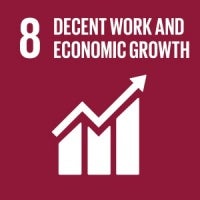
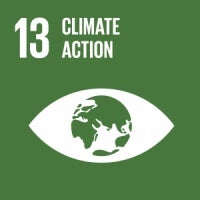
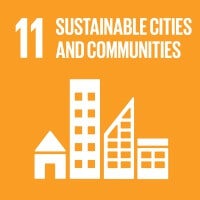
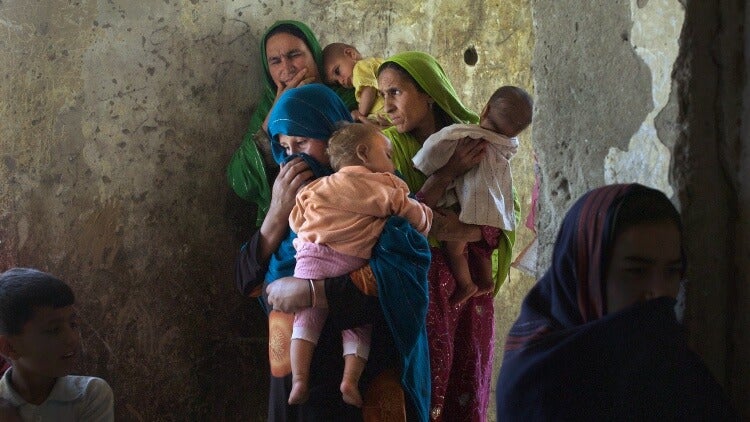
By Roweida Arafah, MDP Development Practice student
Sustainable Development Goal (SDG) 16 seeks to promote peaceful and inclusive societies for sustainable development, providing access to justice and building effective, accountable and inclusive institutions. While recent decades have seen increased and sustained levels of peace in some regions, conflicts in many parts of the world, especially the Middle East, have hindered the ability of people to develop economically and take sound actions to address environmental issues. This highlights the interconnected nature of the SDGs. Amongst other issues, violence and conflict (SDG 16) exacerbate poverty (SDG 1), limit economic development (SDG 8), restrict climate action (SDG 13) and prevent cities and communities from becoming more sustainable (SDG 11).
However, in recent years, initiatives by non-governmental organizations (NGOs) and local communities are demonstrating the resilience of people living in conflict and post-conflict zones, allowing them to develop in a sustainable, environmentally friendly way.
The 7 Virtues is a Canadian organization that supports trade with nations experiencing war or strife. The founder, Barb Stegemann, originally started the company to help local communities in Afghanistan and other countries become less dependent on illegal poppy crops, which account for about 90% of heroin in the world. Instead, the company offers farmers the opportunity to grow orange blossoms and other crops to supply essential oils, which 7 Virtues uses to create ‘eco-chic’ perfume. The organization now purchases natural oils from suppliers in Haiti, Afghanistan, The Middle East and Rwanda, working closely with local people and promoting responsible practices, including carefully hand picking distilled essences and avoiding the use of phthalates and animal testing. The 7 Virtues approach is unique because they work closely with locals rebuilding their lives in war-torn countries while also helping them protect the environment.
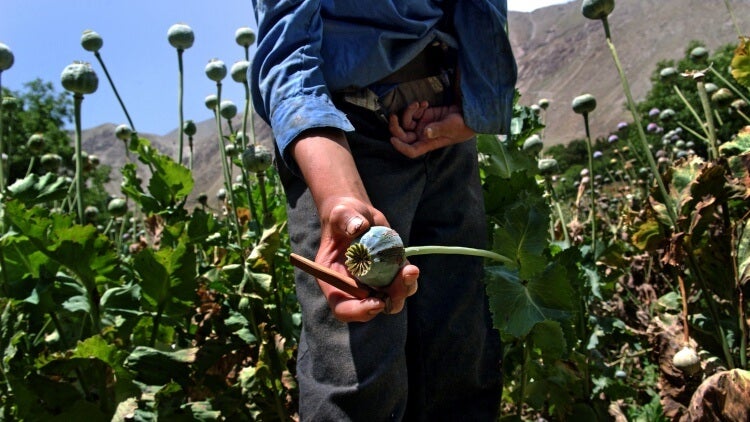
The Palestinian Territories often makes headlines for its ongoing conflict. Palestinians have been living under occupation for more than 60 years, facing vulnerabilities ranging from limited resources to water scarcity. Since Israel seized Palestinian water resources, Palestinian farmers have been forced to employ innovative agricultural practices such as drip irrigation, water harvesting and using recycled water to maintain their crops. NGOs have also been helping farmers with irrigation. The Jenin Water Reuse Project relies on sub-surface drip irrigation, rather than surface wells. Such initiatives save the farmers’ time and allow them to focus on other activities like moving around water hoses which can further reduce water consumption. Farmers around the West Bank have learned to grow crops and feed their communities through sustainable agricultural practices despite the severe water shortage.
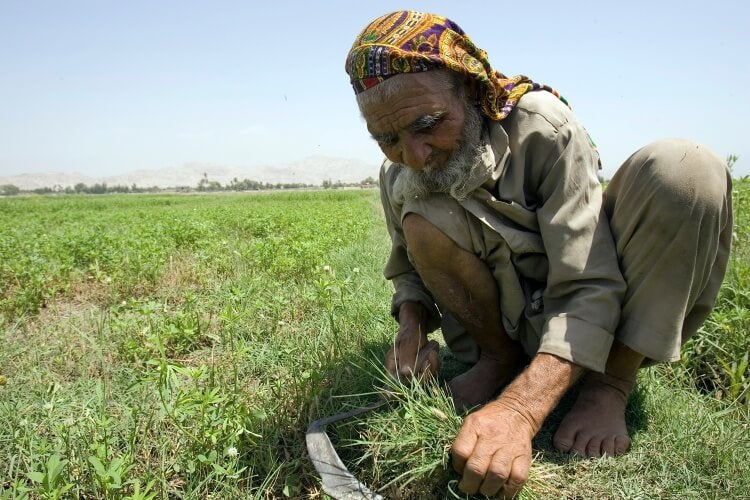
In Gaza where people lack basic services, citizens have been turning to sustainable consumption and recycling waste for their livelihoods. Following the 2014 Gaza War, both Israel and Egypt formed a blockade around Gaza, limiting the resources that go in and out, and increasing the accumulation of waste and landfills. With no supplies coming in, many businesses have closed shop and laid off their workers, increasing poverty and unemployment in the region. But Omar Ramlawi, who runs a plastic factory, began recycling to stay afloat. Now, his employees collect some of the 1,700 tons of solid waste produced in Gaza each day, turning the old plastic bags and bottles into approximately two tons of new trash bags, cable hoses, and irrigation pipes, which he sells into the local market.
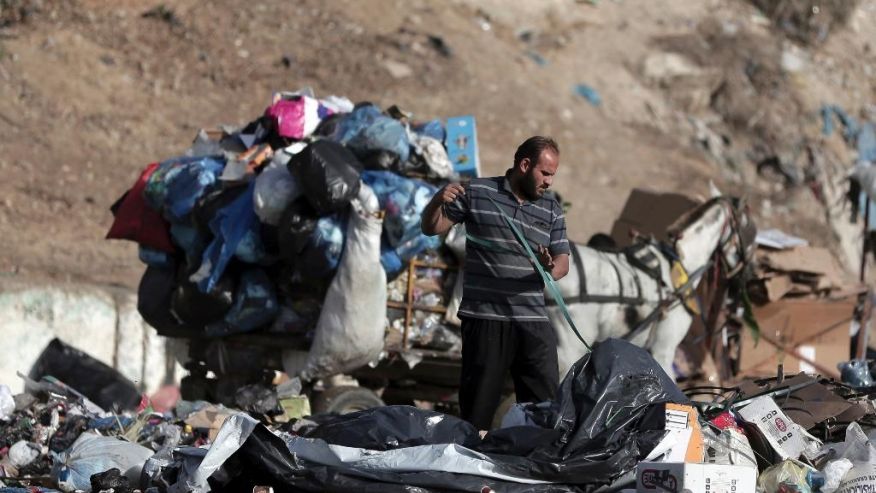
Women have also been creating their own initiatives to deal with waste in Gaza. Zainab Aziz, a 25-year-old mother of two, works with other local women, most of whom have university degrees, but who have been unable to find jobs. The unemployment rate in Gaza is estimated at 41 percent, with female unemployment at 63 percent. Under Aziz’s venture, The New Heritage Project, women transform discarded plastic and nylon into hand-crafted toys, ornaments, cushions, and baskets. While the key goal of the project is to provide much-needed employment and income, they also strive to have a positive impact on the environment, keeping harmful plastics out of landfills.
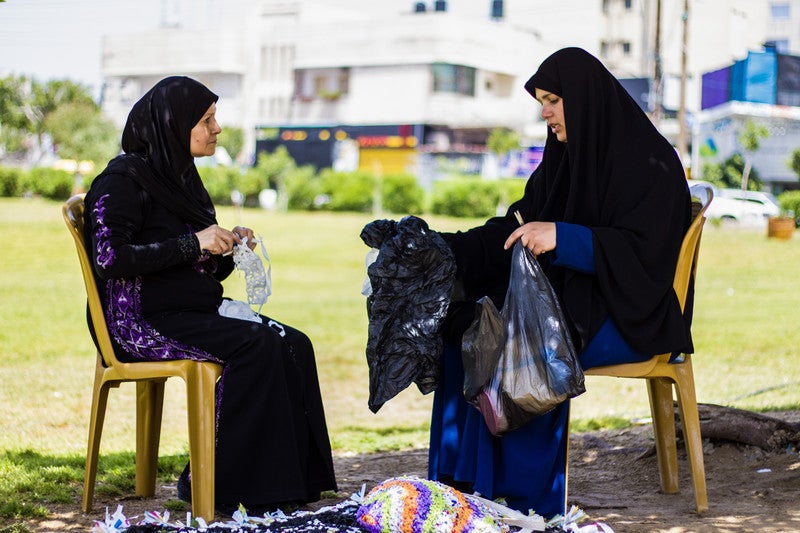
These initiatives illustrate the interconnected nature of both the development problems plaguing those living in rebuilding nations and also the potential solutions that could help them. They demonstrate that, despite living in conflict, people can still find ways to achieve sustainability and contribute to their economies while protecting the environment. They show how, given a chance, people are incredibly resilient to the obstacles they face. Finally, these projects illuminate how we can work together to support the initiatives locals themselves are undertaking to ensure their long-term success and continuation.
Roweida Arafah is a student in the Master of Development Practice program at the University of Waterloo.
This story is part of our series on the Sustainable Development Goals and the Faculty of Environment.